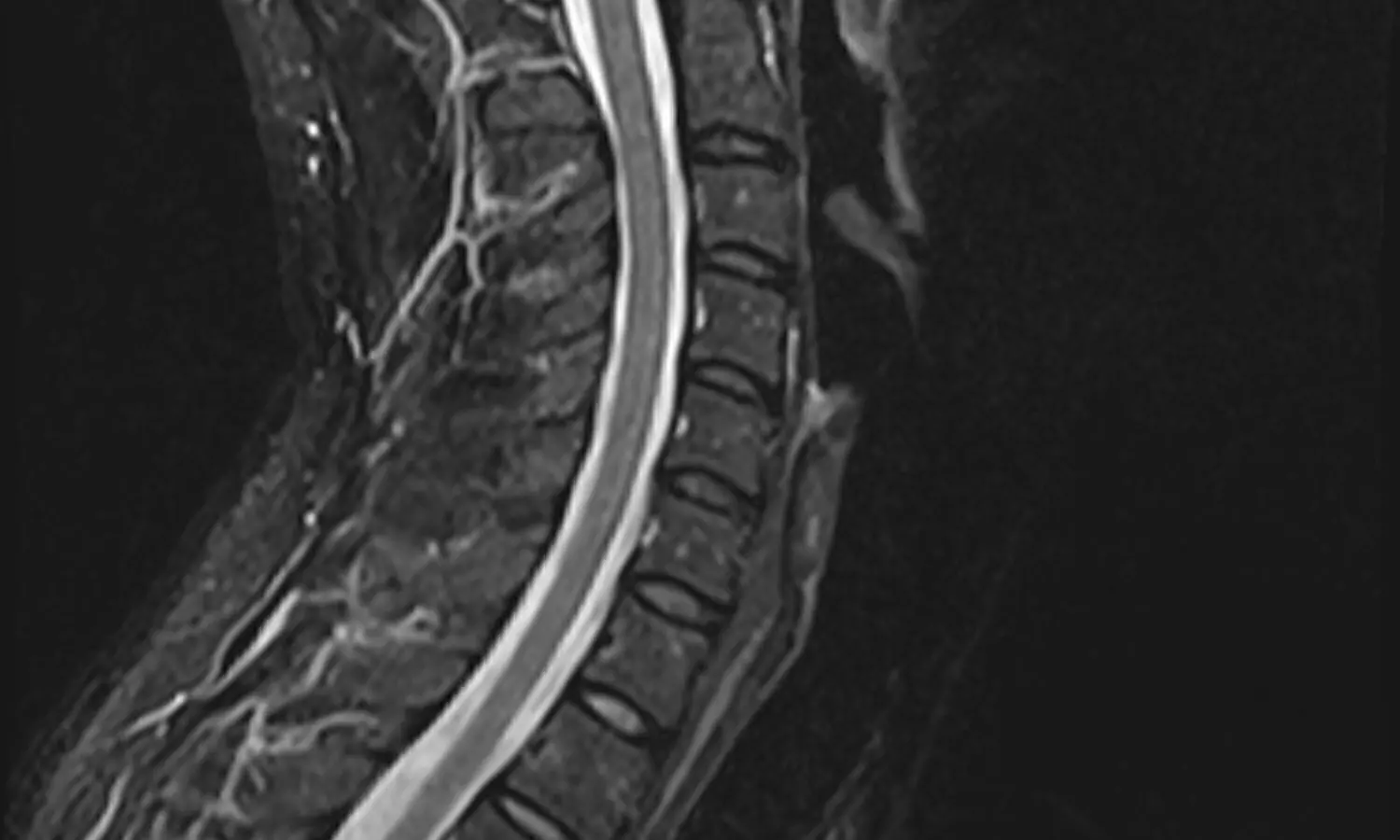- Home
- Medical news & Guidelines
- Anesthesiology
- Cardiology and CTVS
- Critical Care
- Dentistry
- Dermatology
- Diabetes and Endocrinology
- ENT
- Gastroenterology
- Medicine
- Nephrology
- Neurology
- Obstretics-Gynaecology
- Oncology
- Ophthalmology
- Orthopaedics
- Pediatrics-Neonatology
- Psychiatry
- Pulmonology
- Radiology
- Surgery
- Urology
- Laboratory Medicine
- Diet
- Nursing
- Paramedical
- Physiotherapy
- Health news
- Fact Check
- Bone Health Fact Check
- Brain Health Fact Check
- Cancer Related Fact Check
- Child Care Fact Check
- Dental and oral health fact check
- Diabetes and metabolic health fact check
- Diet and Nutrition Fact Check
- Eye and ENT Care Fact Check
- Fitness fact check
- Gut health fact check
- Heart health fact check
- Kidney health fact check
- Medical education fact check
- Men's health fact check
- Respiratory fact check
- Skin and hair care fact check
- Vaccine and Immunization fact check
- Women's health fact check
- AYUSH
- State News
- Andaman and Nicobar Islands
- Andhra Pradesh
- Arunachal Pradesh
- Assam
- Bihar
- Chandigarh
- Chattisgarh
- Dadra and Nagar Haveli
- Daman and Diu
- Delhi
- Goa
- Gujarat
- Haryana
- Himachal Pradesh
- Jammu & Kashmir
- Jharkhand
- Karnataka
- Kerala
- Ladakh
- Lakshadweep
- Madhya Pradesh
- Maharashtra
- Manipur
- Meghalaya
- Mizoram
- Nagaland
- Odisha
- Puducherry
- Punjab
- Rajasthan
- Sikkim
- Tamil Nadu
- Telangana
- Tripura
- Uttar Pradesh
- Uttrakhand
- West Bengal
- Medical Education
- Industry
Deep learning algorithm cuts spine MRI exam time by about 50 percent, study finds

USA: The use of a deep learning algorithm for reconstructing spine MRI exams gives images comparable to those taken with a conventional MRI, reveals a recent study. Also, deep learning reduces spine MRI exam time by up to 50%. The findings of the study were presented at the Radiological Society of North America (RSNA) meeting by Dr. Sanders Chang of the Icahn School of Medicine at Mount Sinai in New York City.
Some of the downsides of MRI are being addressed in the study. The drawbacks of MRI include low throughput, lengthy acquisition time, patient discomfort, high cost, and motion artifacts. However, number a of ways can be deployed to decrease the time it takes to take the exam -- for example, by changing acquisition parameters, undersampling k-space, or decreasing the phase-encoding matrix -- but it's then necessary to reconstruct them for better image quality. That's why deep learning shows such promise.
"The quality of accelerated images can be restored by artificial intelligence-based deep learning image reconstruction algorithms," Chang told session attendees.
In the study, the researchers used a convolutional neural network software called SubtleMR from Subtle Medical. The software was trained using both low- and high-resolution images from MRI datasets from multiple vendors, scanners, imaging constraints, and indications. The group included 43 patients who underwent noncontrast cervical, thoracic, or lumbar accelerated MRI exams between June and October 2020. These exams were paired with 55 conventionally acquired MRI exams for a total of 98 image sets. All the exams were read by two radiologists who rated them for overall diagnostic quality, legibility, and the presence of artifacts.
Key findings include:
· The accelerated protocol using deep learning resulted in a 40% to 50% reduction in scan time.
· The deep learning-enhanced MRI exams were comparable to the conventional ones: There was no significant difference in diagnostic quality between the conventional images and those processed with deep learning and agreement between the two readers 0.85.
· More than 98% of the deep learning-processed exams showed clarity of osseous and extraosseous structures.
· The percentage of artifacts identified by the two readers were also comparable, at 30.1% of the conventional spine MRI images and 36.1% of the images processed with the deep-learning algorithm.
"The study findings could translate to better patient experience when it comes to MRI exams, since the accelerated MRI exam protocol with deep learning image reconstruction produced comparable images compared with conventional MRI exams at a dramatically reduced acquisition time, Chang concluded.
Dr Kamal Kant Kohli-MBBS, DTCD- a chest specialist with more than 30 years of practice and a flair for writing clinical articles, Dr Kamal Kant Kohli joined Medical Dialogues as a Chief Editor of Medical News. Besides writing articles, as an editor, he proofreads and verifies all the medical content published on Medical Dialogues including those coming from journals, studies,medical conferences,guidelines etc. Email: drkohli@medicaldialogues.in. Contact no. 011-43720751


